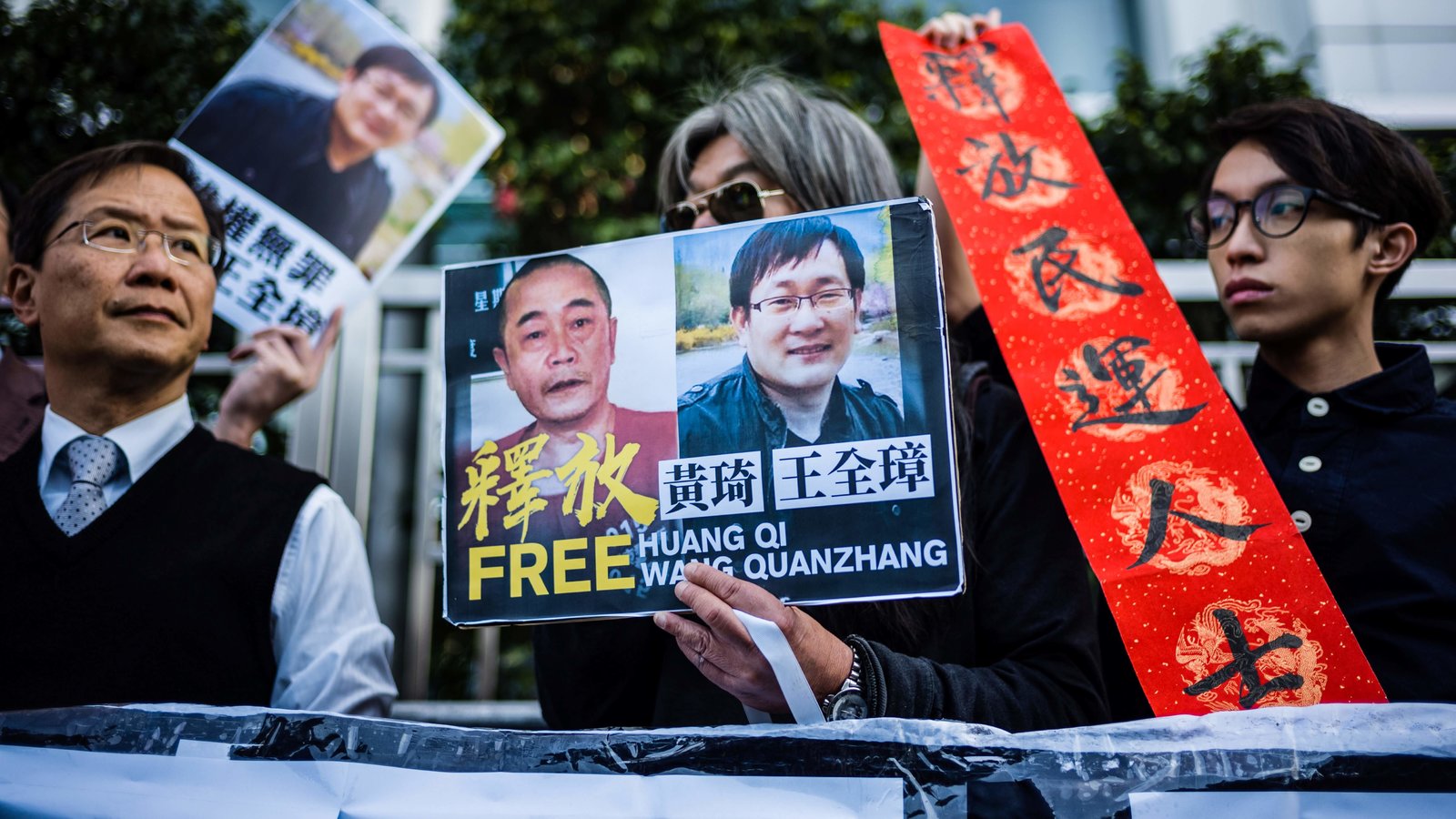The common expressions and their uses in sentences
难怪 (nán guài)
This is the most direct way to say “no wonder” in Chinese, used when something becomes clear or makes sense after the fact.
e.g.
A: 他们为什么离婚了?(Tāmen wèishéme líhūn le?) Why did they get divorced?
B: 因为男的赌博。(Yīnwèi nán de dǔbó.) Because the man gambled.
A:难怪。(Nán guài.) No wonder.
A:妈妈怎么又生气了?(Māmā zěnme yòu shēngqì le?) Why is mom angry again?
B:爸爸又喝醉了。(Bàba yòu hē zuì le.) Dad got drunk again.
A:难怪。(Nán guài.) No wonder.
难怪他不回我的消息,他的手机坏了。(Nán guài tā bù huí wǒ de xiāoxī, tā de shǒujī huài le.) No wonder he didn’t reply to my message; his phone is broken.
难怪他今天心情这么好,原来是升职了。(Nán guài tā jīntiān xīnqíng zhème hǎo, yuánlái shì shēngzhí le.) No wonder he is in such a good mood today; it turns out he was promoted.
怪不得 (guài bu dé)
Very similar to “难怪,” it’s used to express understanding or realization, often about a situation that previously seemed puzzling.
e.g.
A:今天商场人好多啊!(Jīntiān shāngchǎng rén hǎo duō a!) The mall is so crowded today!
B:好像有明星来了。(Hǎoxiàng yǒu míngxīng lái le.) It seems a celebrity has come.
A:怪不得。(Guài bu dé.) No wonder.
A:他总是开豪车来上班。(Tā zǒngshì kāi háochē lái shàngbān.) He always drives a luxury car to work.
B:他是个富二代。(Tā shì gè fù èr dài.) He is a second-generation rich.
A:怪不得。(Guài bu dé.) No wonder.
怪不得这里这么多人,原来今天有特卖。(Guài bu dé zhèlǐ zhème duō rén, yuánlái jīntiān yǒu tè mài.) No wonder there are so many people here; there is a sale today.
怪不得这么冷,窗户开着呢。(Guài bu dé zhème lěng, chuānghù kāizhe ne.) No wonder it’s so cold; the window is open.
The extended phrases to express “no wonder” in Chinese
原来如此 (yuánlái rúcǐ)
This phrase means “so that’s how it is” and is used when the speaker has come to an understanding or when something is explained.
e.g.
原来如此,我终于明白为什么了。(Yuánlái rúcǐ, wǒ zhōngyú míngbai wèishéme le.) So that’s how it is; I finally understand why.
原来如此,我现在明白你的意思了。(Yuánlái rúcǐ, wǒ xiànzài míngbai nǐ de yìsi le.) So that’s how it is; I understand what you mean now.
原来 (yuánlái)
“Originally” or “as it turns out,” used when new information sheds light on a situation.
e.g.
他们一见面就聊天,原来他们早就认识了。(Tāmen yī jiànmiàn jiù liáotiān, yuánlái tāmen zǎo jiù rènshi le.) They start chatting as soon as they meet; no wonder they’ve known each other for a long time.
最近总在电梯碰到你,原来你是我的新邻居。(Zuìjìn zǒng zài diàntī pèng dào nǐ, yuánlái nǐ shì wǒ de xīn línjū.) I’ve been running into you in the elevator recently; so you are my new neighbor.
The post Various ways to say “No wonder” in Chinese appeared first on .


